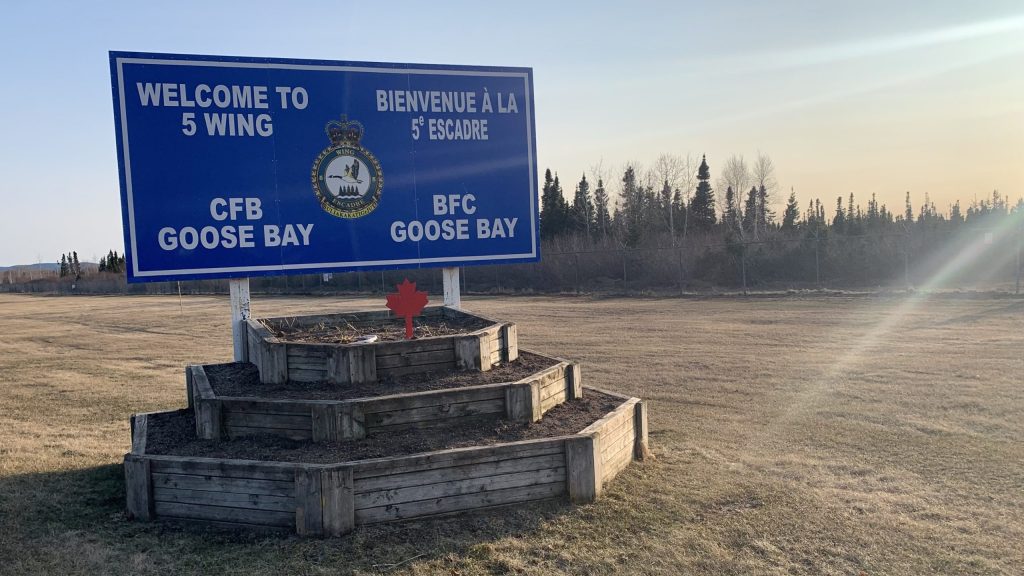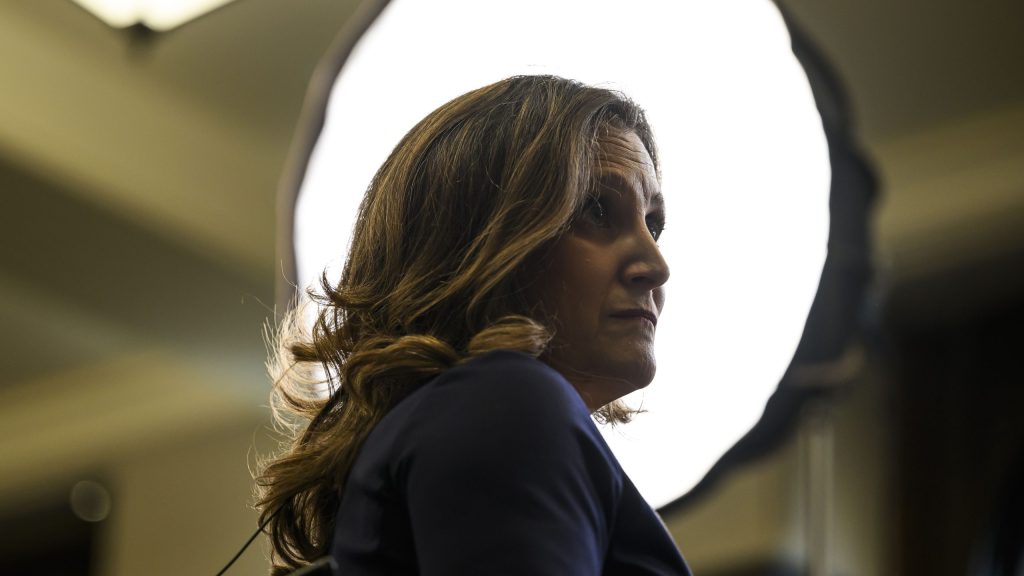Military to devote $11.4 million in bid to boost mental health care programs
Posted Sep 12, 2012 07:22:56 PM.
This article is more than 5 years old.
HALIFAX – The Canadian Forces is increasing funding for treatment programs for mentally ill military personnel and veterans, a move the Opposition calls long overdue.
Defence Minister Peter MacKay announced Wednesday his department will spend $11.4 million to hire additional psychiatrists, psychologists, mental-health nurses, social workers and addictions counsellors.
He said at least 51 professional staff will be added to clinics at bases across the country.
MacKay said Canada’s decade-long involvement in the war in Afghanistan and other conflicts have resulted in thousands of military personnel returning to Canada with post-traumatic stress disorder and other mental illnesses.
“The positive change we sought for Afghanistan has brought difficult changes to the lives of many Canadian soldiers,” he told a news conference at Canadian Forces Base Halifax. “Serving members who served our nation who are now ill or injured as a result of their experience … are a priority for me.”
About $1 million of the funds will be spent increasing the number of primary-care doctors at clinics where wait-times are excessive. Another $2.7 million will be used to retain nine contracted physicians in positions that were facing elimination, said a federal news release.
The minister said the funds are in addition to the $38.6 million spent annually on the mental-health needs of personnel.
The announcement comes after a steady flow of opposition criticism over the state of mental-health services for serving members of the Canadian Forces and veterans.
In May, Defence Department unions said federal budget cuts were reducing the number of researchers and experts on mental-health issues in the military.
The unions said cuts were made to the Deployment Mental Health Research Section, which includes suicide-prevention specialists who also monitor traumatic stress rates and traumatic brain injury cases.
They also said the epidemiology section was losing up to 18 staff who conduct research on depression, post-traumatic stress disorder and suicide.
Lt.-Cmdr. Ken Cooper, a psychiatrist at the mental-health clinic at the Halifax base, said the added money will be helpful.
“The issue we’ve had over the long term is the staffing,” he said. “The big effect of this announcement is we now have the opportunity of getting more staff.”
The NDP’s defence critic, Jack Harris, said the opposition has been arguing for years that wait-times for mental health care are too long at many Canadian Forces clinics.
“It (the funding) is long overdue. Whether it’s sufficient, we will see,” he said.
“The government has been saying all along, ‘There’s no problem. We’re doing what’s required.’ So I guess the announcement is welcome, but it’s also an acknowledgment we haven’t been doing that well.”
John MacKay, the Liberal defence critic, said psychiatrists and psychologists have warned of greater mental health problems as Canada’s combat role in Afghanistan wound down last year.
“It’s a pity we’re now essentially in a crisis,” he said.
The mental-health treatment of soldiers has also become part of a Military Police Complaints Commission review of the 2008 suicide of a soldier.
The inquiry is examining in part how the military handled a corporal’s mental health in the weeks before he died.
MacKay said the funding helps ensure that front-line workers who treat ill personnel are protected from the budget cuts.
The announcement also drew praise from the Canadian Psychological Association.
“We look forward to learning more about the minister’s announcement and to helping government meet the mental-health needs of the members of the Canadian Forces.†said Dr. Karen Cohen, chief executive officer of the association.
Tim Laidler, an Afghanistan veteran and a reservist in the Canadian Forces, said that while the funding is a good start, the federal government also needs to look at the transition programs for soldiers who want to return to civilian life.
“There seems to be a lot of programs for people who are at the extreme end if they have addictions or a crisis in their life,” said Laidler, who is a co-ordinator for the Veterans’ Transition Program at the University of British Columbia.
The 27-year-old said he hopes the Defence Department will consider adding funding to programs that help veterans move beyond the Afghanistan conflict.
“It’s a needed part of the process to help those most in crisis, but let’s take a look at all the people coming back and see how we can help them become productive members of society again,” he said in a telephone interview.
When he and his military comrades returned from Afghanistan, Laidler said they didn’t initially seek the help of mental-health professionals, even if they had nightmares and sleepless nights. He said they feared their military careers would be damaged.
“I see that more needs to be done and we need to take a look at this with a new lens. … We can’t rely on the old system.”










